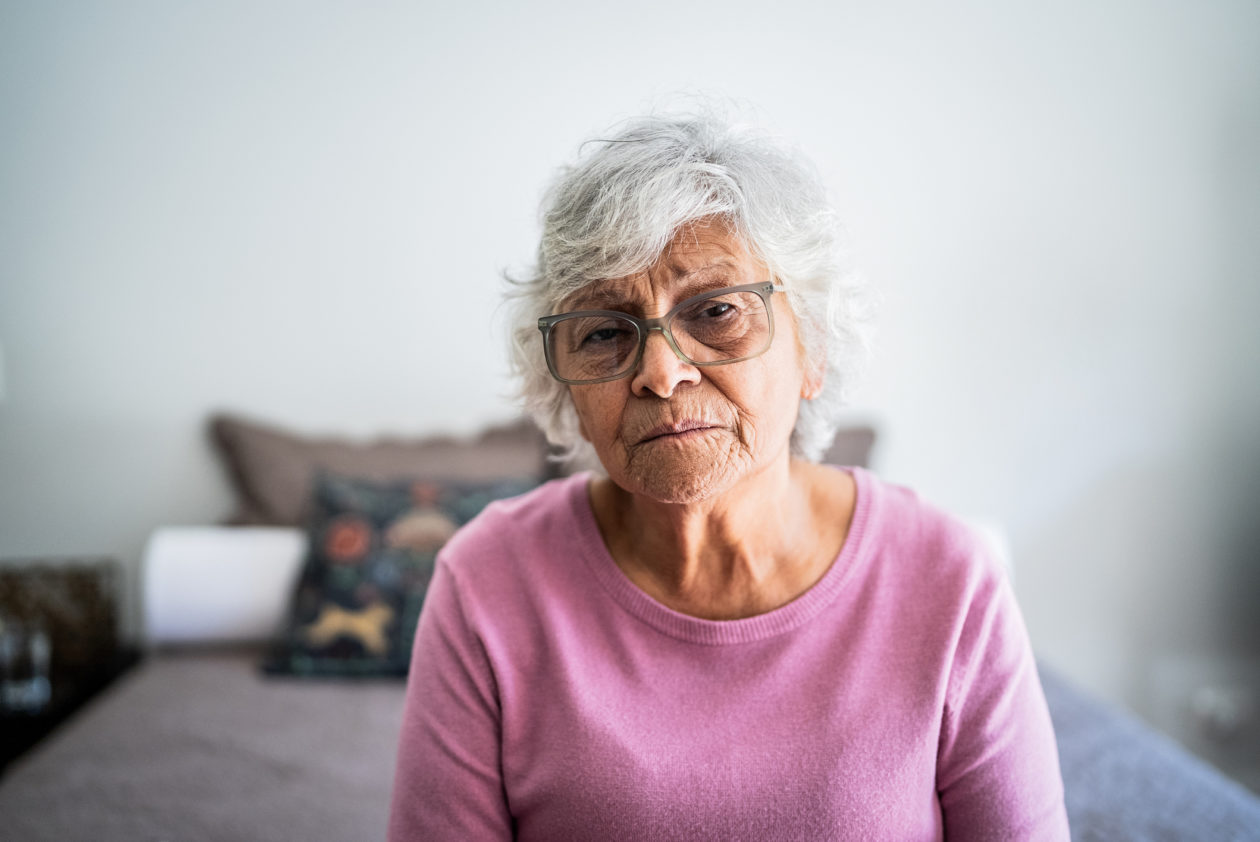Crisis in dementia care a result of years of inaction

Alzheimers NZ is demanding urgent government action to provide better and more humane support for the rapidly growing number of New Zealanders with dementia requiring hospital-level care.
Chief executive, Catherine Hall, says the tragic situation described in the Radio NZ story are the direct result of years of government inaction and neglect.
She echoed comments from the Faculty of Psychiatry of Old Age at the Royal Australian and New Zealand College of Psychiatrists, which said these issues are symptoms of a health system poorly equipped to support a rapidly ageing population.
“No one wants to see hospital staff put at risk, but what we are seeing is hardly a surprise.
“It is the inevitable and entirely predictable consequence of successive governments kicking the ageing population can down the road,” Hall said.
“We’ve known for years that the number of people living with dementia would increase rapidly, and successive governments have had ample time to prepare our health and aged care systems.
“But that preparation never happened. What we’re seeing now is a scandal and a tragedy that was entirely avoidable, but which is now affecting thousands of New Zealand families.”
Hall said it’s critical to realise that behind every ‘incident’ in a hospital is a living, breathing person who’s living with a very difficult health condition.
They – and often their family – are in that situation because they haven’t been able to get the help they need.
“One of the heartbreaking realities of dementia is that people often lose their ability to communicate. They may not be able to say if they’re in pain, hungry, thirsty, frightened, confused, or simply need to go to the toilet. If those needs are ignored or go unmet, distress can escalate – sometimes in ways that are confronting for staff.
“But these are very vulnerable people in need of care and support. They should not be stigmatised, and they certainly shouldn’t be shut out of the very health system that is supposed to help them.”
Alzheimers NZ wants urgent government action in three areas.
First, progressively implement and fund the Dementia Mate Wareware Action Plan, which was developed by health and dementia experts as a coordinated, nationwide response to the massive and growing dementia problem facing New Zealand.
“This Plan exists. It has widespread support. What’s missing is action and investment,” Hall said.
Secondly, properly fund New Zealand’s 17 community-based dementia support services. “That’s a small investment that would relieve significant and growing pressure on the much more expensive health system, and it would free-up much-needed hospital and emergency department beds.”
Thirdly, create a bespoke health strategy to provide quality, integrated and accessible services with an integrated continuum of care, from community services to the aged residential care and end-of-life sectors.
“We’ve known this problem was coming – and it’s here – so we must invest in an integrated health and aged care strategy that is properly planned, managed and funded.
“The question is whether this government will finally step up and act.”

